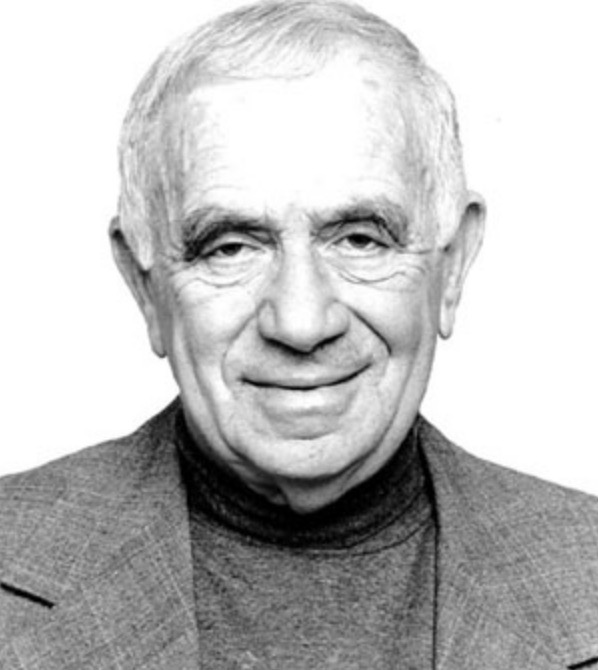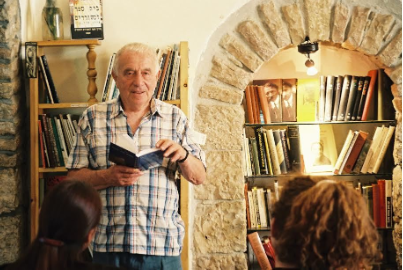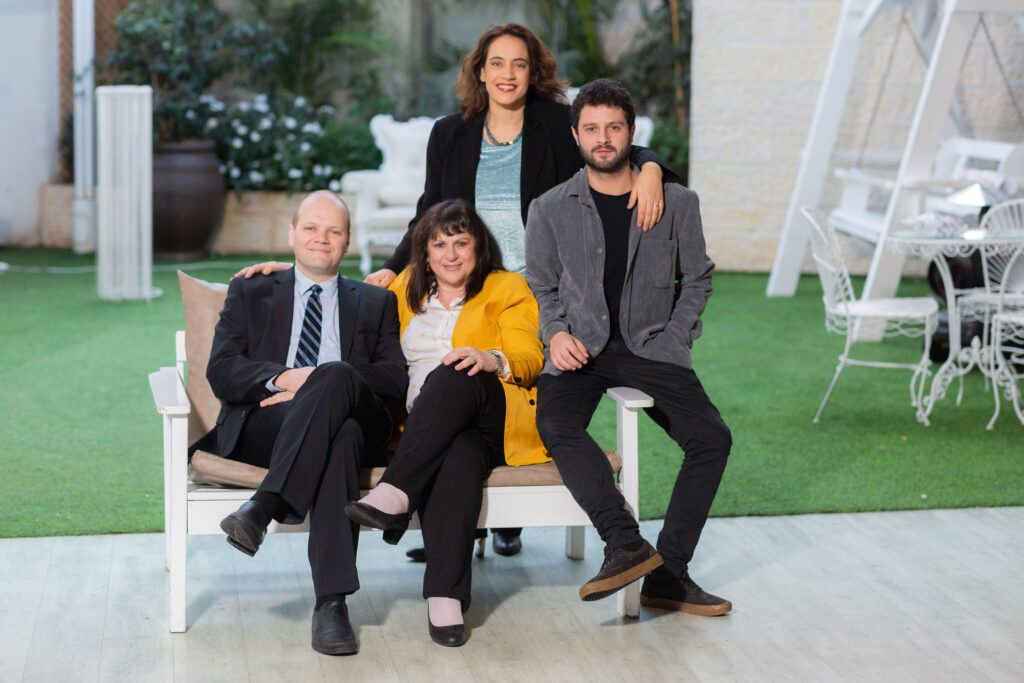
Rediscovering the Oriental poets - Yehuda Amichaï

Amichaï is renowned for his ability to talk about the major tragedies of the 20th century in an accessible, unadorned way, with melancholy and irony, but also with an intense love of life and its simple details.
“The place where we are right
Is hard and sharp
Like a hammered court.”
(Extract from L'endroit où nous avons raison)
Paradigm shift
Yehuda Amichaï, born Ludwig Pfeuffer, grew up in an Orthodox Jewish family in Germany. His childhood was deeply affected by the rise of Nazism, which forced his family to flee to Mandate Palestine in 1935. The family settled in Jerusalem and our poet, then a young man, was mobilized during the Second World War in the Jewish Brigade of the British Army. This experience marked the beginning of his first writings and awakened him to the importance of multiple identities. He later took part in the Israeli War of Independence in 1948. It was in this tragic way, through the experience of war, that he would put the pain of exile at the center of his work. Before becoming the renowned poet he is today, Amichaï began studying at the Hebrew University of Jerusalem after the war, where he studied literature and biblical history. He soon began to write in Hebrew, his adopted language, a choice that symbolized his deep ties with Israel, but at the same time kept in mind his German and European origins.
A master of modern Hebrew poetry
As we outlined earlier, Amichai revolutionized Hebrew poetry by grounding it in concrete reality and moving away from traditional biblical themes to tackle more everyday subjects. One of Amichai's major themes is war, but treated on a human and personal level, which makes the work particularly moving. In poems such as From the Height of This War, he transforms battle stories into a reflection on the human condition, on pain, loss and the absurdity of conflict.
“God has mercy on kindergarten children,
He has less pity on schoolkids.
And he no longer has pity on adults.”
Despite all this, Amichaï is not only a poet of conflict, but also a poet of love and family. Many of his poems deal with human relationships, from romantic love to parental love and love of land and country. One of his most famous collections, Love in Jerusalem, perfectly illustrates this duality between intimate love and love for the sacred city.

“Love in Jerusalem”
One of Amichaï's most emblematic works is undoubtedly Love in Jerusalem, in which he paints Jerusalem not only as a sacred and historic city, but also as a metaphor for the complexity of modern life. Jerusalem is a place of tension and pain, but also of beauty and love. In this collection, Amichaï explores the city's thousand-year-old history and the political realities of his time.
“Jerusalem is full of old parables and prayers,
It has been sold so many times and bought, conquered and abandoned,
And in its streets children still play football.”
So, over the decades, Yehuda Amichaï has been recognised as one of Israel's greatest poets, not only for his contribution to Hebrew poetry, but also for using his pen as a bridge between past and present, between the intimate and the universal. He is often regarded as the poetic voice of Jerusalem, his adopted city, which he transformed into a living metaphor for love.
Peace through words
Throughout his long career, our poet became a fervent advocate of intercultural dialogue. He was deeply convinced of the power of words to build bridges between cultures and peoples. In his poems, he rejected hatred and denounced the futility of violence, while advocating a peaceful future for Israel and its Arab neighbors. He wrote:
“Even in the most violent wars, the voice of the poet is a refuge where we can hear the echo of a shared humanity.”
This humanist approach is at the heart of his works and his commitment to a world where mutual understanding prevails over differences. Amichaï saw Jerusalem, the thousand-year-old city at the heart of religious and political tensions, not only as a symbol of division but also as a potential crossroads for reconciliation.
Even after his death in 2000, Amichaï remained a powerful voice for humanity. His poems have become a tool for reflection for readers all over the world, whether Israeli, Arab or from other horizons. His poetry is frequently used in cultural mediation contexts, showing that words can be a powerful lever for reconciliation.
Sources :
https://www.babelio.com/auteur/Yehuda-Amichaï/149215/citations
https://fr.wikipedia.org/wiki/Po%C3%A9sie_h%C3%A9bra%C3%AFque
https://www.poetryfoundation.org/poets/yehuda-Amichaï
https://www.espritsnomades.net/litterature/yehuda-Amichaï-la-vigie-de-jerusalem/
https://fr.wikipedia.org/wiki/Yehuda_Amicha%C3%AF
https://www.babelio.com/auteur/Yehuda-Amichaï/149215/citations
https://books.openedition.org/pressesinalco/40424?lan



